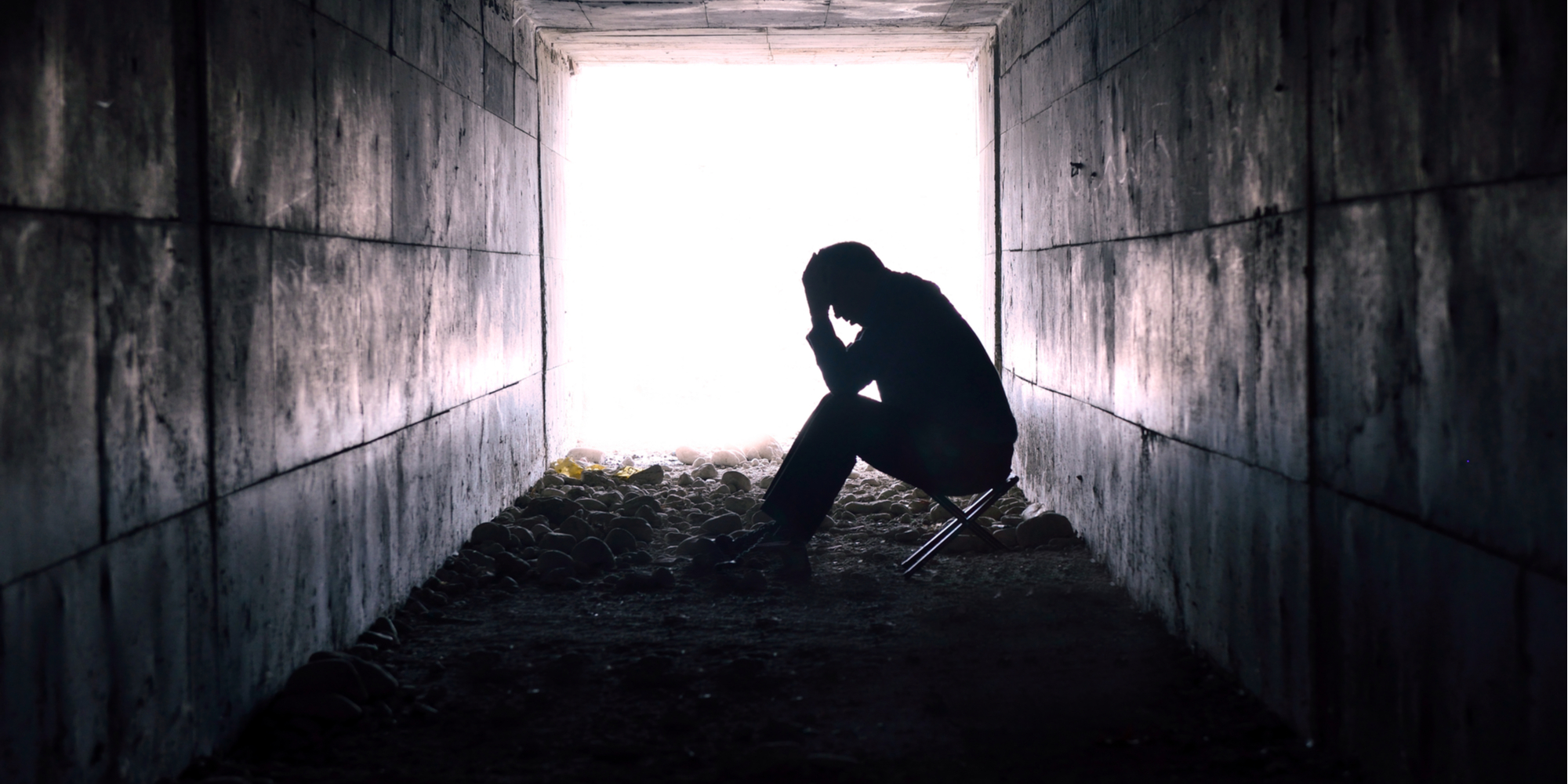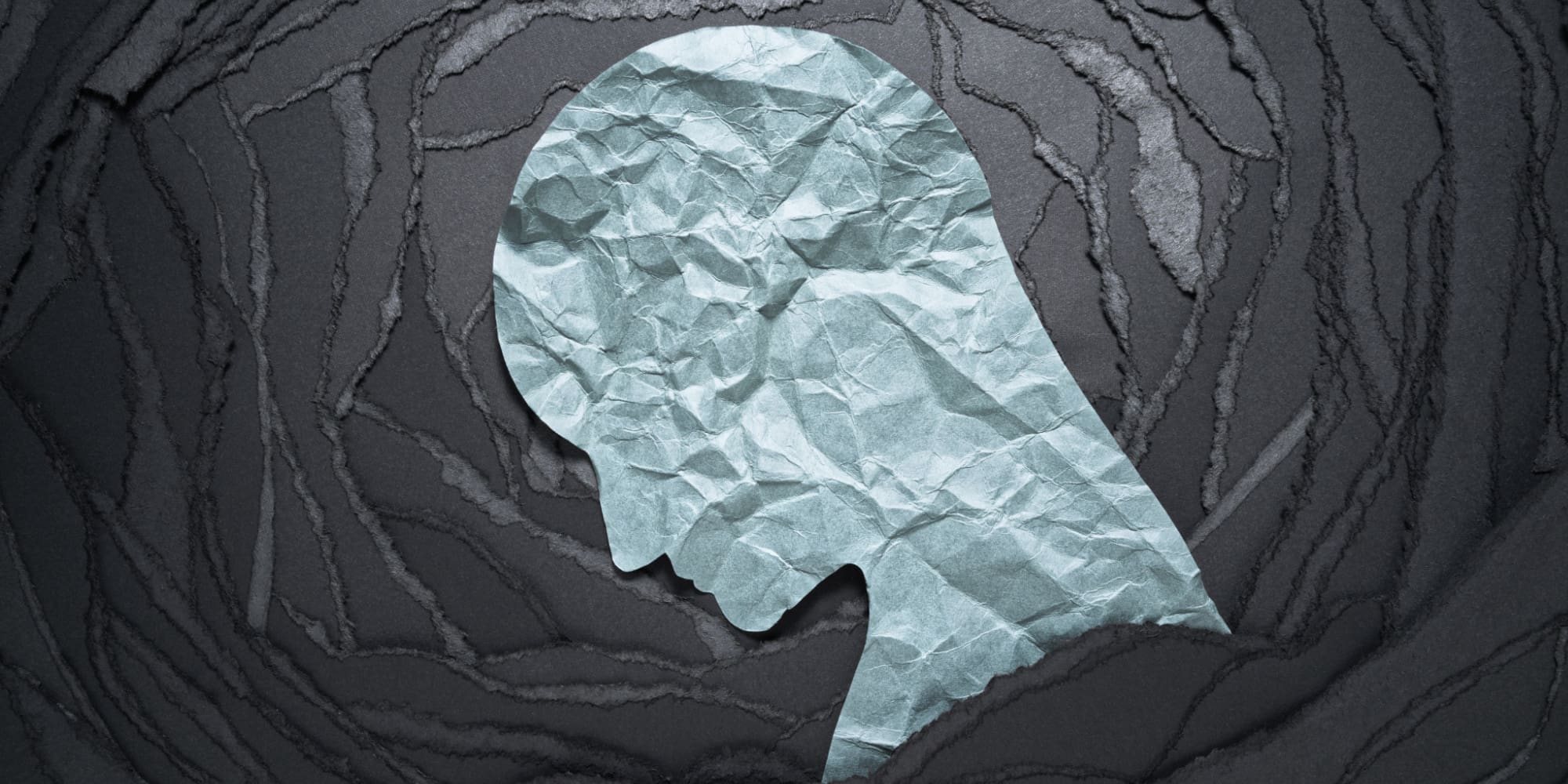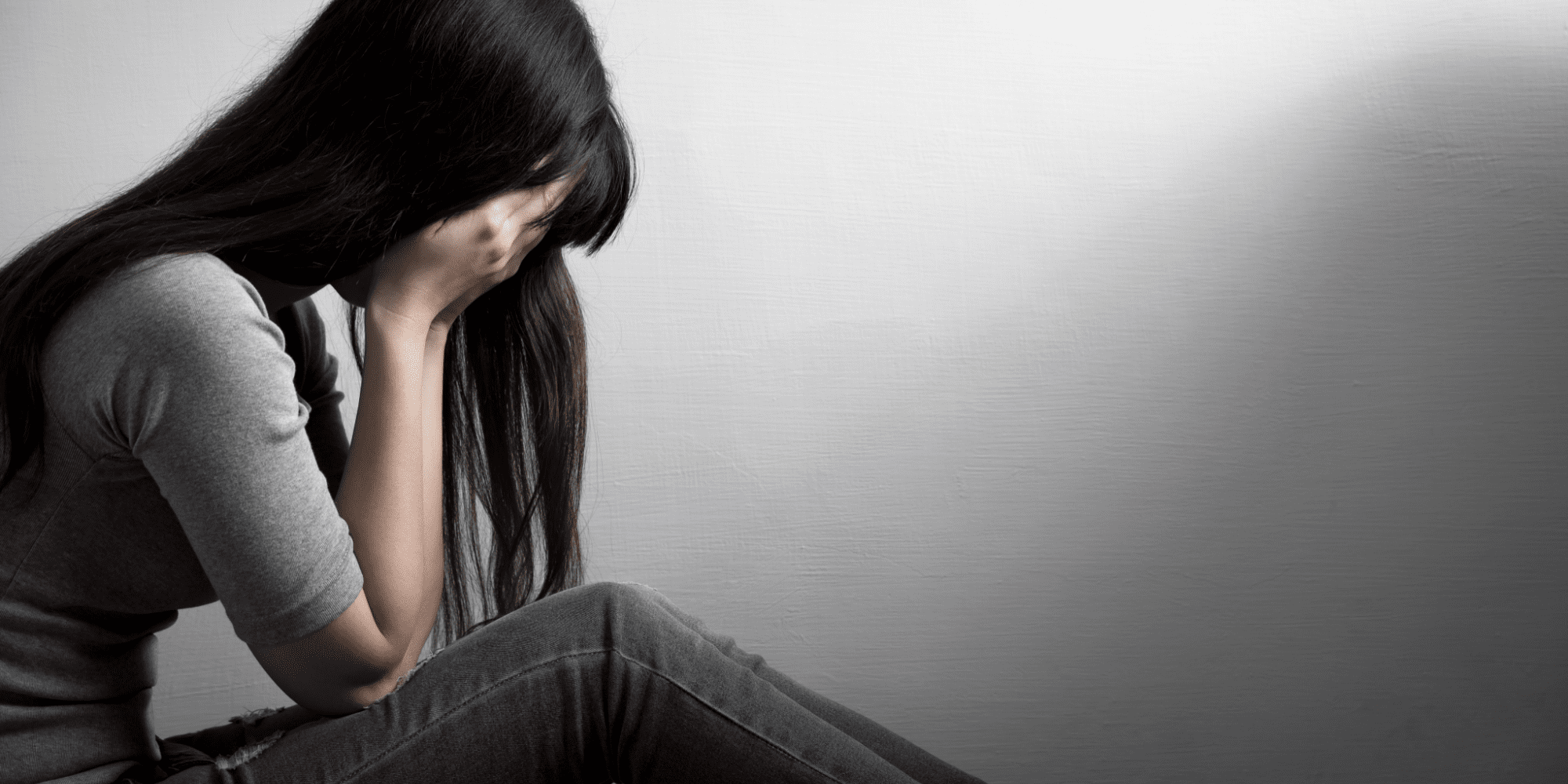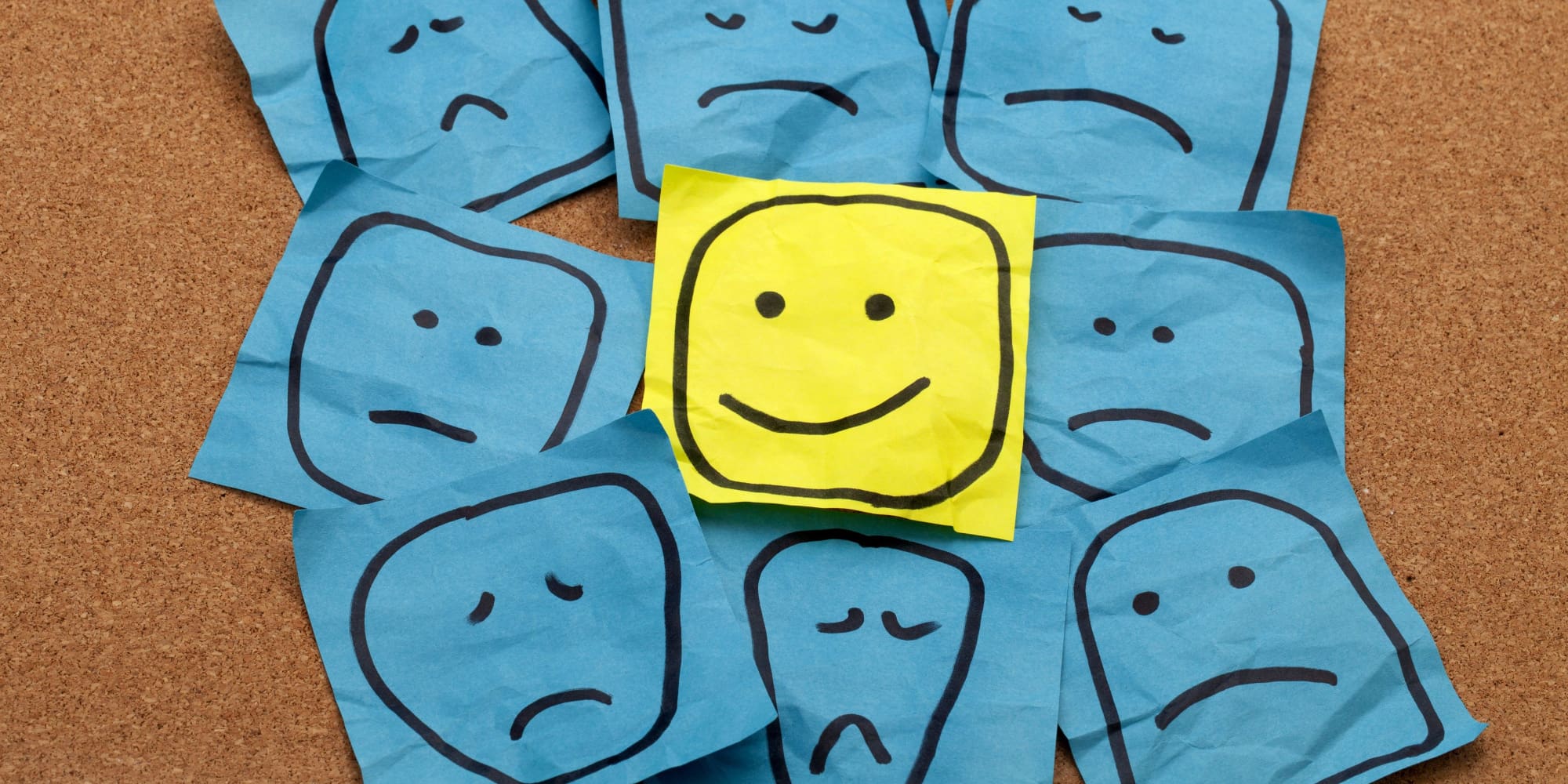It’s normal to feel depressed, especially when things don’t go your way. However, if the depressive episodes last for more than two weeks and you feel sad, miserable, and lose interest in activities that you found exciting, you could be battling crippling depression.
According to the National Institute of Mental Health (NIMH), approximately 7.8 percent of adults in the United States will experience at least one major depressive episode in their lives. A major depressive episode, or period of crippling depression, is characterized by consistently negative moods, feelings of sadness or emptiness, or a loss of interest in previously enjoyed activities for at least two weeks.
In this article, we’ll be discussing crippling depression in detail, including its symptoms, causes, and treatment options.
Contents
What Is Crippling Depression?

Crippling depression is clinical depression, also known as major depressive disorder. This condition is so severe that it limits your ability to do daily tasks, such as working or taking care of yourself. Although crippling depression is not a clinical term, it is sometimes used when clinical depression presents as so severe that a person is no longer able to complete basic life tasks such as getting up and going to work, or even just taking a shower.
Everyone experiences the occasional down day or period of sadness. But crippling depression is much more than that. When you have crippling depression, sometimes just getting through the day is a challenge. There are days when you don’t even want to get out of bed and showering and getting dressed may feel like big achievements.
Depression can be caused by a traumatic event, such as the loss of a loved one, or it can present as an episodic or chronic illness. In some cases crippling depression is resistant to treatment and becomes a lifelong struggle.
What Makes Depression Crippling?
Depression ranges in seriousness from mild, temporary episodes of sadness, to severe, persistent depression. People who experience severe depression sometimes state that it feels “crippling,” meaning that it restricts their ability to function. For this reason, some people refer to severe depression as “crippling depression.”
Crippling depression is not an official medical diagnosis. It is a form of major depressive disorder that serves as a way for people with severe depression to distinguish it from moderate depression, which doesn’t prevent you from functioning in daily life. The term “crippling depression” is often used to distinguish the point where depression crosses the line from a manageable condition to a disability.
What Causes Depression?
There is no single known cause for depression, but there are many factors that raise a person’s risk of developing clinical depression. Like other mental health conditions, depression in any form is a complex medical diagnosis. There are four categories recognized by the NIMH that increases a person’s risk of developing depression:
- Genetic Links: Studies have found that approximately 50% of depression cases have a genetic link. For this reason, researchers suspect that genetics may play a role in the development of depression. People with a parent or sibling with depression are at two to three times more risk of developing depression than those who do not have a family history of depression.
- Biological Causes: Several different biological factors may cause depression. Levels of certain chemicals in the brain, diets, and course of medication may contribute to developing clinical depression.
- Environmental Causes: Depression may also be caused by environmental factors. Experiences such as childhood trauma, abuse, the death of a loved one, persistent stress, and other personal experiences may cause a person to develop crippling depression.
- Psychological Causes: A history of other mental illnesses, severe anxiety, substance abuse, or suffering from chronic disorders may increase the likelihood of developing depression.
How Do I Know If I Have Crippling Depression?


It’s a normal part of life to feel gloomy or occasionally sad when you have problems. But when your problems affect your physical, emotional, social, and mental state, you may be depressed. A medical professional will usually diagnose depression after asking a person to describe their symptoms and observing their behavior.
The doctor will assess the self-reported symptoms and possibly ask a person to complete a questionnaire. Oftentimes, depression can be difficult to diagnosis, especially if it is mild. According to statistics from the Substance Abuse and Mental Health Services Administration, approximately 35% of people with depression go undiagnosed.
Some common symptoms of clinical depression include:
- Feelings of sadness and hopelessness
- Sleep disturbances (sleeping too much or too little)
- Weight loss or weight gain
- Sudden angry outbursts or crying spells
- Slowed thought, depressed affect, and physical movements
- Loss of interest in usual interests or activities
- Suicidal thoughts and/or attempts
Treating Depression in Port St. Lucie, Florida
Depression is treatable, even when it feels severe and overwhelming. By identifying the signs of severe depression and seeking professional help, you can gain control over your symptoms and overcome depression for good.
One of the most common treatment options for depression is medication. Severe depression is often treated using antidepressants, which are medications that improve your mood and relieve the symptoms of depression.
Other options include psychotherapy, group therapy, and in some cases, inpatient treatment. Regular inpatient therapy has proven very effective at helping individuals overcome the struggles presented by their crippling depression.
Treatment for Crippling Depression in Port St. Lucie
Crippling depression may seem like it will last forever, but help is available. With the right support, depression is very treatable. If you or a loved one is depressed, seek care immediately and do not wait until it develops into crippling depression.
Here at Port St. Lucie Hospital, we’re dedicated to providing the tools that you need to help manage the symptoms of depression and live a fulfilling life. To learn more about our mental health treatment options contact us at (772) 238-7734 or by using our confidential online form, many times we can get you admitted as soon as today.



























